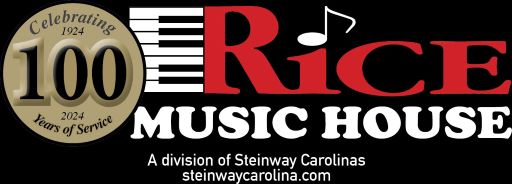5 Reasons to avoid pianos from Craig’s List, eBay or even Grandma!.
You’ve been shopping for a quality new or used piano at reputable dealers, and thought you had developed a good idea good idea of what brands, characteristics you feel important, and what price ranges to expect.
But wait! A you check out Craig’s list, or find a neighbor with what looks to be a reasonable facsimile of the piano you’ve been looking for at less than half the price, right in your own neighborhood! Or Grandma wants to give the kids the spinet that’s been in the family for generations. What a find!
However, there are huge potential drawbacks that can severely outweigh the hoped-for benefits:
- 1. You don’t know where it’s been. When shopping for a car, you have Carfax at your disposal to give you an insight into its history. Not so from the private seller of a piano. Though the finish and generic appearance may seem fine, you’ll never know whether it’s been in a fire, water damaged, or abused until it’s too late. Many of these pianos find their way onto Craig’s list after someone either inherits a piano, or obtains one cheaply from a neighbor, and then finds it so unappealing tonally they’d rather get rid of it.
- 2. Pianos don’t usually wear abuse, trauma, or damage on their sleeves. How a piano has been cared for, where and for how long it’s been stored, and what kind of use it has been exposed to are huge factors in how it will perform going forward. A piano may look and even play fine, but may have a worn pinblock to the point where it can no longer hold a tune for any significant period of time. Or have hidden damage to the soundboard, resulting in permanent loss of much of its tone. Rice Music House professionally inspects each piano to ensure you receive a quality used piano in every price range.
- 3. The gray market. An alarming number of Japanese pianos, particularly from Yamaha and Kawai, are actually gray market models, in that they were built for climate conditions outside the United States, but have made their way in through shady importers. These pianos will behave and wear differently out of their original design intent, and are not capable of producing the quality of tone and touch one might expect from a model intended for use in the United States.
- 4. Many pianos do have expiration dates based on the their manufacturing specs and brand. Older, particularly upright pianos, can be essentially worthless, and can be past the useful limitations of their fragile key components. While $500 may seem like a bargain for a piano, it certainly isn’t for a very large and heavy end table that can only sport a few pictures on it.
- 5. You are alone after the purchase. We’ve dealt with dozens of customers over the years who have gone through this experience, and found it ultimately more expensive than a new piano (to restore or get rid of their purchase), and a bigger headache then they had ever imagined. When you purchase a certified used piano from Rice Music House, we’re with you before, during and after the purchase.
On the other hand, buying from a reputable dealer can ensure you get
- 1. A professionally inspected instrument
- 2. Expert advice on how to get the features and performance you’re looking for
- 3. Often a warranty for your peace of mind..
Used pianos are fickle, and require expert evaluations of over 100 points of inspection. Make sure your used piano experience is a good one, and avoid purchasing one on the private market in favor of the experts who will have your back before, during and after the sale.

